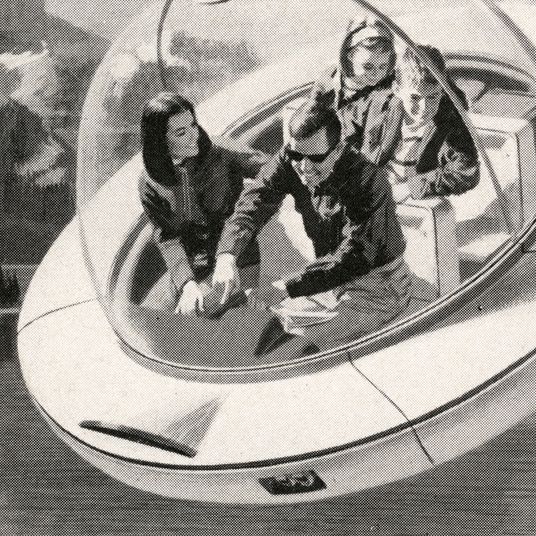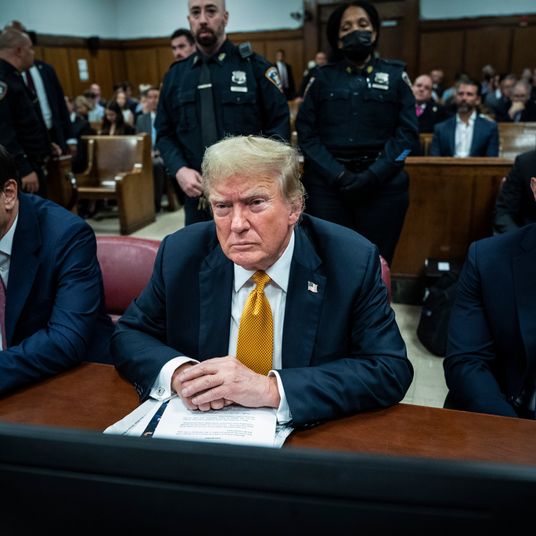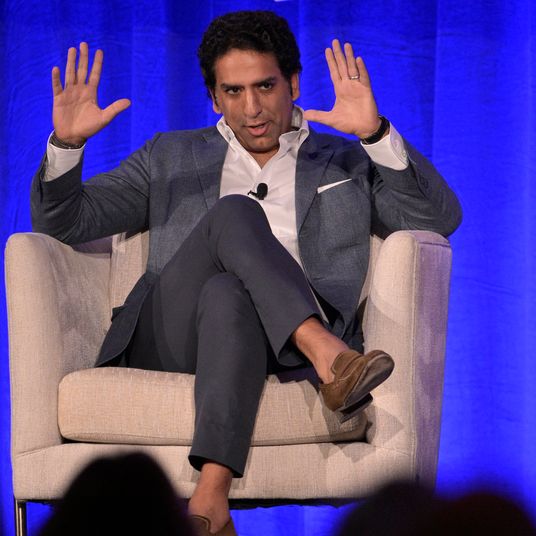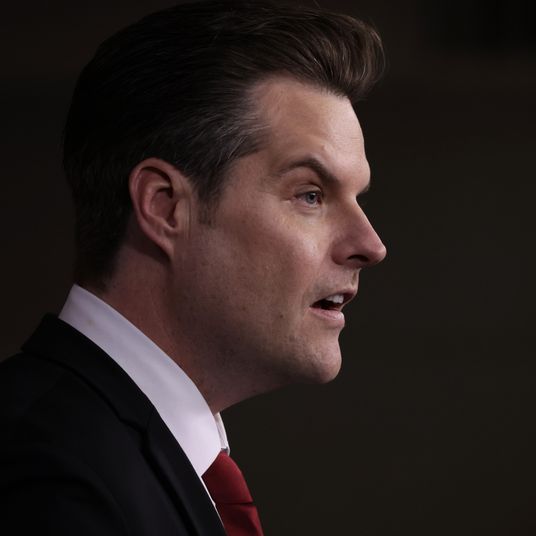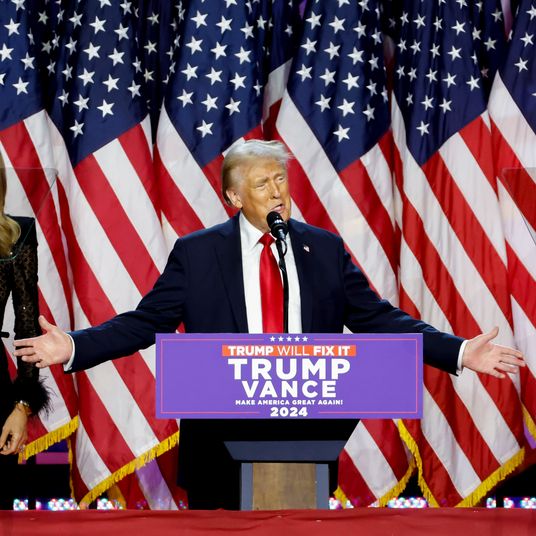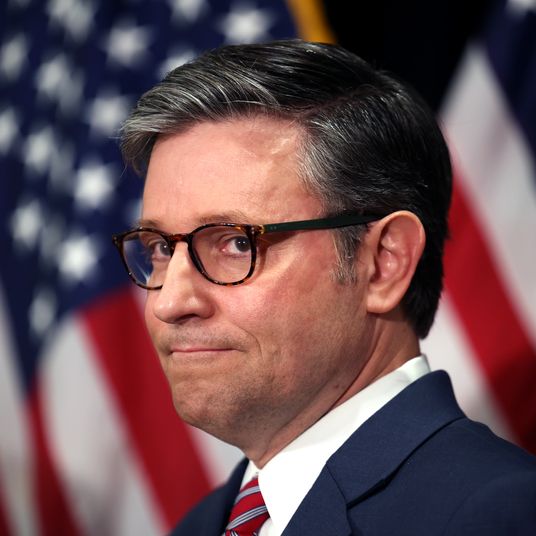
Every new presidential administration must choose between cautious measures to consolidate political power and politically risky steps to accomplish policy goals immediately. On a scale of one to ten, from the former to the latter, Trump 2.0 is looking like an 11. If his initial explosion of nominees for the Cabinet and key White House jobs is any indication, the 47th president is determined to blow up the federal government as we have known it, regardless of the political ramifications for his party. You could argue that’s a predictable course of action for a 78-year-old “populist” demagogue who has run his last political campaign and has often expressed hostility to the Republican “Establishment” he now controls. But the big question as the shock wears off from Trump’s initial maneuvers is whether Republicans will roll over and watch their president destroy their own future prospects, along with the government he clearly wishes to disable.
This isn’t a theoretical question, at least for the newly empowered Republican majority in the Senate. For those who would prefer to redirect the federal government in a conservative direction instead of burning it to the ground, nominations like Matt Gaetz for attorney general, Tulsi Gabbard for director of national intelligence, and Robert F. Kennedy Jr. for secretary of Health and Human Services should be existentially alarming. Whatever you believe voters were doing in giving Trump his narrow victory (and the best explanations involve fairly narrow modifications of economic and immigration policies), there’s no evidence at all of a popular mandate for the systematic demolition enterprise he is undertaking now. Accordingly, the odds of a huge midterm reaction (not to mention a Democratic comeback in 2028) that denies Republicans much of the power they now hold are pretty high, particularly if the alleged economic magic of the first Trump term does not return.
In other words, there is a fundamental conflict between the political interests of the GOP and its recently installed lord and master that will come to a crucial test very soon. For Senate confirmations, it will only take four Republican defections to deny Trump any given nominee. And for all the talk of Trump playing four-dimensional chess with outrageous nominations he expects the Senate to reject, it’s more likely that he will go medieval on Senate defectors who oppose any of his nominees. Indeed, he could deem the most outrageous appointments to be the most essential to his plan to destroy the “deep state,” with no particular concern as to who inherits the ruins.
Presumably there are people around Trump (including his young vice-president-elect, who is the most likely Trump successor in 2028, and relatively young MAGA members of Congress) who may not share the sort of future-is-now orientation of the old man in the Oval Office. Perhaps they can convince the Boss to make his first year back in power less apocalyptic and less focused on settling scores with his presumed enemies at both ends of Pennsylvania Avenue and in federal agencies everywhere. And maybe the newly minted Senate majority leader, John Thune (with support from Trump’s close ally House Speaker Mike Johnson), can convince the White House that a scorched-earth policy is the one thing that might turn the defeated and discouraged ranks of the opposition into the nucleus of a powerful “resistance” to the party in power.
For now, Republicans have to make a quick decision about whether to bend the knee one more time and hope for the best or to begin their own resistance to an administration that does not seem to care about the future so long as it is radically different from anything that came before. The clock is ticking.
More on politics
- Trump Cabinet Picks: Everyone He’s Announced So Far
- The Menendez Brothers and the End of the Progressive Prosecutor
- What Are RFK Jr.’s Plans as HHS Secretary for Trump?








